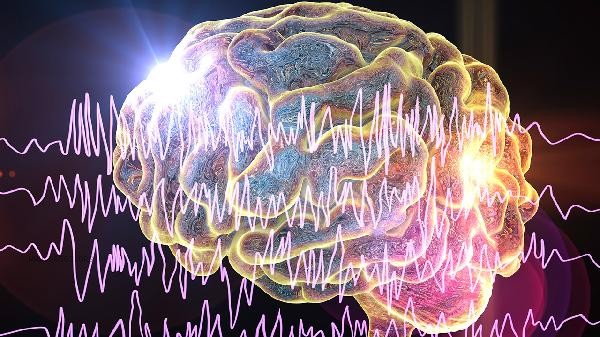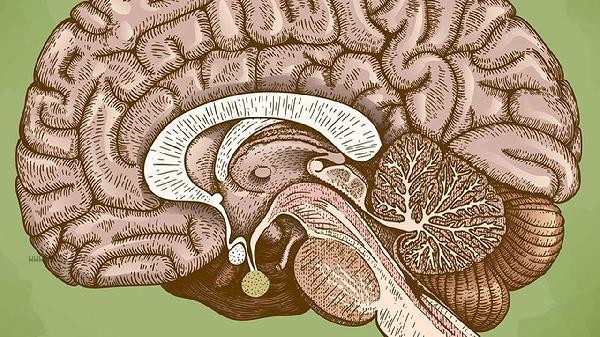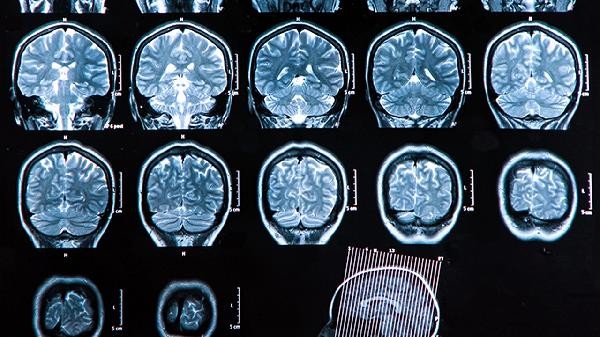The loss of consciousness in the brain may be caused by low blood sugar, insufficient blood supply to the brain, epileptic seizures, traumatic brain injury, poisoning, and other reasons. Loss of consciousness is a temporary or persistent impairment of brain function that requires targeted treatment based on the specific cause.

1. Hypoglycemia
Low blood sugar levels can lead to insufficient energy supply to the brain, causing consciousness disorders and even coma. It is commonly seen in patients with diabetes who use too much insulin and haven't eaten for a long time. Patients may experience prodromal symptoms such as sweating, palpitations, and hand tremors. Mild hypoglycemia can be relieved by oral administration of glucose solution, while severe cases require intravenous injection of glucose. Regularly monitor blood sugar levels in daily life and avoid exercising on an empty stomach.
2. Cerebral blood supply deficiency
Transient ischemic attacks or severe cerebrovascular disease can lead to insufficient cerebral blood flow perfusion. Carotid artery stenosis, arrhythmia, and orthostatic hypotension can all be induced. The patient may experience symptoms such as transient blackout and slurred speech. Cerebrovascular examination is necessary to identify the cause, control blood pressure and lipids, and perform vascular intervention therapy if necessary.
3. Seizures
Abnormal discharge of brain neurons can cause loss of consciousness accompanied by limb convulsions, commonly seen in grand mal seizures. Symptoms such as foaming at the mouth and urinary incontinence may accompany the onset. Long term use of antiepileptic drugs such as sodium valproate and carbamazepine is necessary to control epilepsy and avoid high-risk activities such as driving and swimming. The first episode requires complete EEG and cranial imaging examinations.

4. Brain trauma
External impact on the head may cause concussion or intracranial hemorrhage, leading to consciousness disorders. Mild cases may manifest as a brief coma followed by wakefulness, while severe cases may persist in coma with vomiting and uneven pupils. Immediate head CT examination is required, and surgical removal of subdural hematoma is necessary. During the rehabilitation period, there may be sequelae such as headaches and memory loss.
5. Poisoning
Carbon monoxide poisoning, alcohol poisoning, drug overdose, etc. can all inhibit central nervous system function. Patients may exhibit characteristic symptoms such as flushing and slow breathing. Immediate evacuation from the toxic environment is required, and antidotes such as naloxone should be used. In severe cases, blood purification treatment is necessary. Daily medication should be standardized to avoid using gas equipment in confined spaces.

Sudden loss of consciousness requires immediate lying down to maintain airway patency, recording the characteristics and duration of the attack. Individuals with underlying illnesses should carry their medical information card with them and avoid going out alone. After regaining consciousness, it is necessary to conduct a comprehensive examination to exclude organic diseases, adjust lifestyle to ensure sufficient sleep, control chronic diseases, and regularly review relevant indicators. If symptoms such as recurrent attacks or accompanying limb paralysis occur, timely neurological treatment should be sought.








Comments (0)
Leave a Comment
No comments yet
Be the first to share your thoughts!